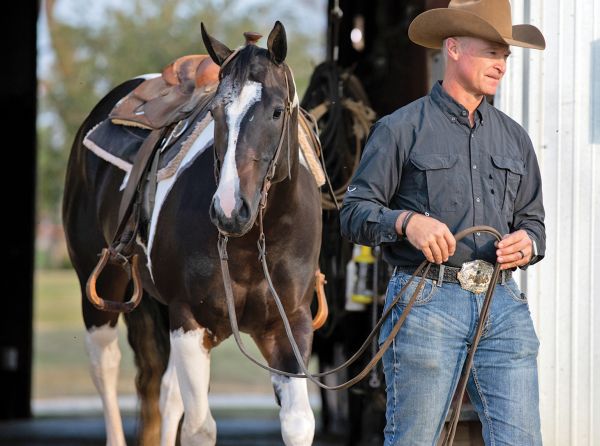COVID-19 Statement and Updates
We are all in this together.
We understand that this is a difficult time for everyone, including HCBC members and the entire BC Equestrian Community. We want to assure you that HCBC is in regular communication with Equestrian Canada and the other provincial organizations to ensure our recommendations to the industry are keeping up with the current situation. We have built a resource page for programs and information that may assist members, and will continue to update and maintain it. Here is the link.
Further, we would like to encourage all of the BC equestrian community groups to stay in touch, to make sure everyone is able to provide care for their equines during these tough times. There will be individuals who become ill or who cannot buy feed or care for their animals and may need help. Please check in on those around you and remember we are in this together. Reach out to those around you, call to check up or just to chat; many people are missing the social aspect that being involved in equestrian activities brings. If you have the means to help, please reach out to those who may need it.
We hope that we can all return to our regular activities soon, but until then, we hope you stay healthy and that we can all work together to take care of one another. The BC horse community is resilient, and we will come through this together.
Advocating For Your Equestrian Community
By Nancy Spratt, HCBC Recreation Coordinator
“Advocacy is defined as an activity by an individual or group that aims to influence decisions within political, economic, and social systems and institutions.”
The idea of advocating for what you need can be a daunting one. You have an appreciation about what should be done, but what do you do next? Who do you talk to? Read on for some tips on getting started.
Your first task is to examine your need carefully, and be realistic about what can be done to make it happen. Are you prepared to compromise if need be? Although you are clear about your need, other stakeholders in the issue may have different ideas. Be ready to defend your hill, but stay flexible. If you are advocating on behalf of a group, make sure all members are clear about the message and in sync on the desired outcome before you take the process further.
Next, it can be useful to create a reference document that clearly states what you would like to see happen, and why. Include ways you believe your group would benefit from implementation of the changes you’re proposing, and ways you believe the community as a whole would benefit. Keep it strong but short, and refer to it frequently to stay on track.
Assign a spokesperson who will respond to queries, communicate with decision makers and other stakeholders, and be the “voice” of your initiative.
Arm Yourself With Knowledge - For instance, do you know how much economic value equestrianism brings to your community? If you don’t, chances are local government doesn’t either, and they’re usually surprised to discover that it’s considerable. Your provincial or territorial equestrian association can help you with data and information on the positive economic impact horses bring to the communities they live in.
Look For the Helpers - Make the most of your social capital. Reach out to established community groups to raise awareness of your initiative and enlist their support. For example, if your initiative is one that will benefit your entire community in some way, talk to the local business improvement associations. Talk to local service clubs such as the Rotary and Lions clubs. These groups are civic boosters and happy to support or possibly sponsor projects or changes that will benefit their communities. They can also help you raise awareness and assist with discovering any potential opposition to the changes you’re trying to effect.
Find Out Who’s In Charge - You’ll need to discover exactly who has a say over what you want to do, and find out how they prefer to receive communication. If it’s the mayor and council that will be deciding, call city hall and find out the protocol for bringing your issue forward. If your discussions will be with a branch of the provincial government, find out who the decision maker is and write an introductory letter, defining your proposal and asking for next steps to take it forward.
Do Unto Others - Never fail to treat everyone who has influence over your initiative, and in fact everyone involved, with politeness and respect. Your professionalism will be noticed and appreciated.
Photo: Canstock/Esight





























